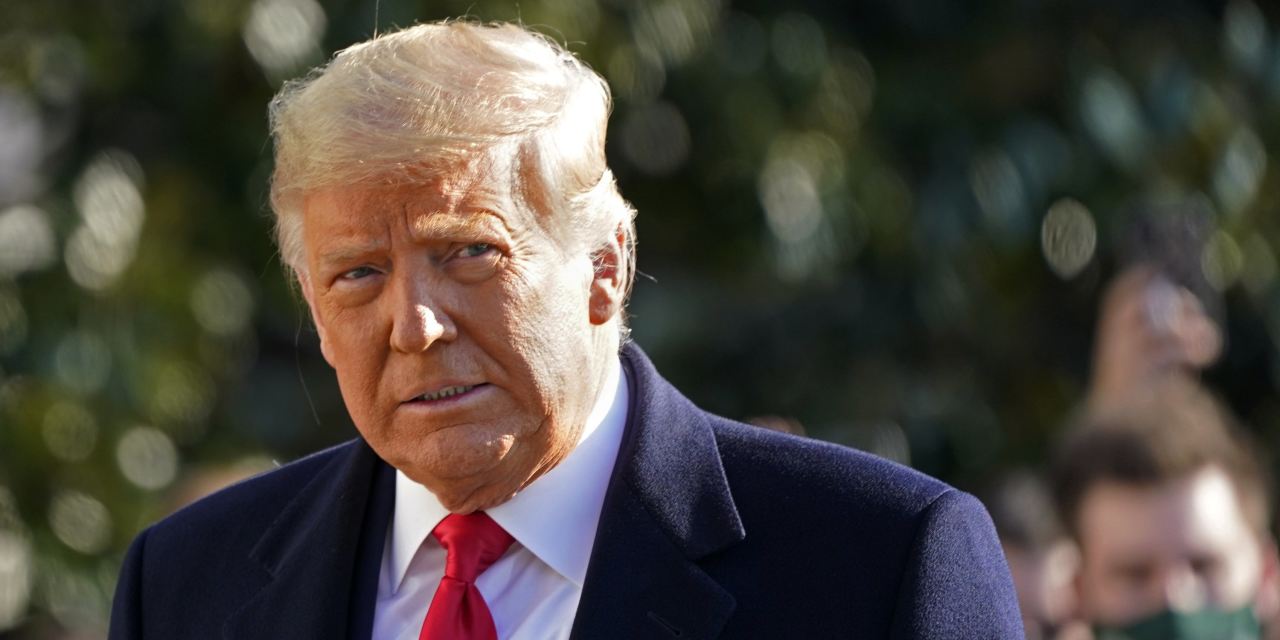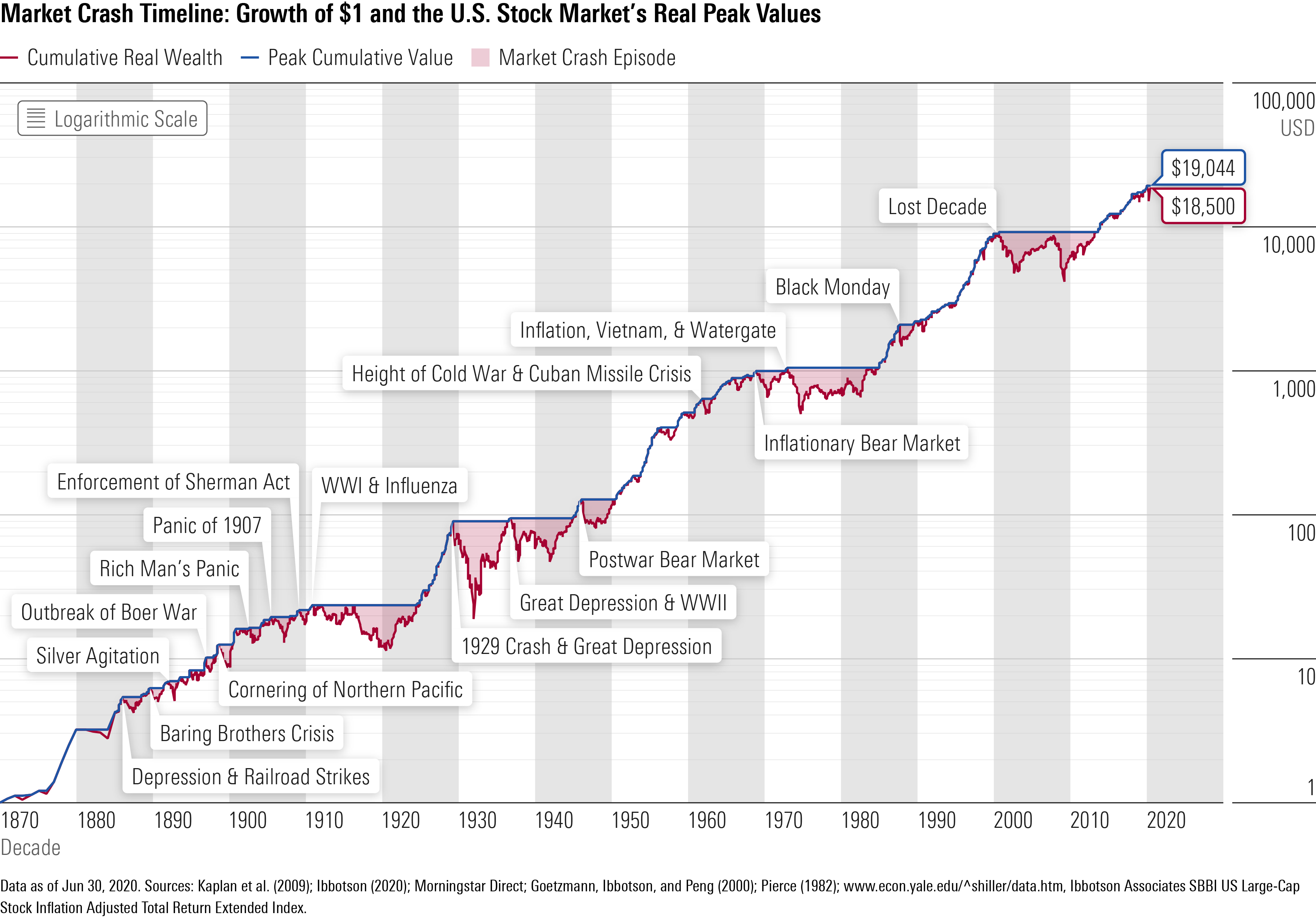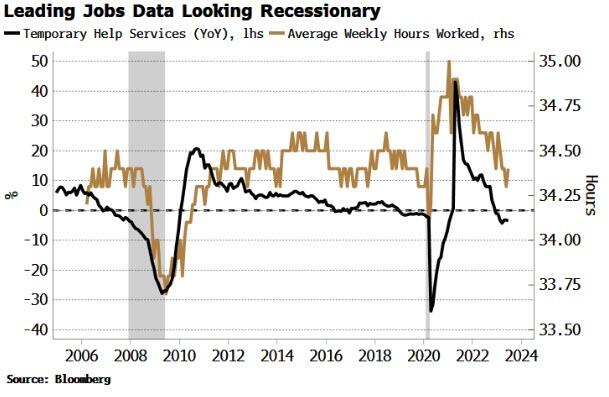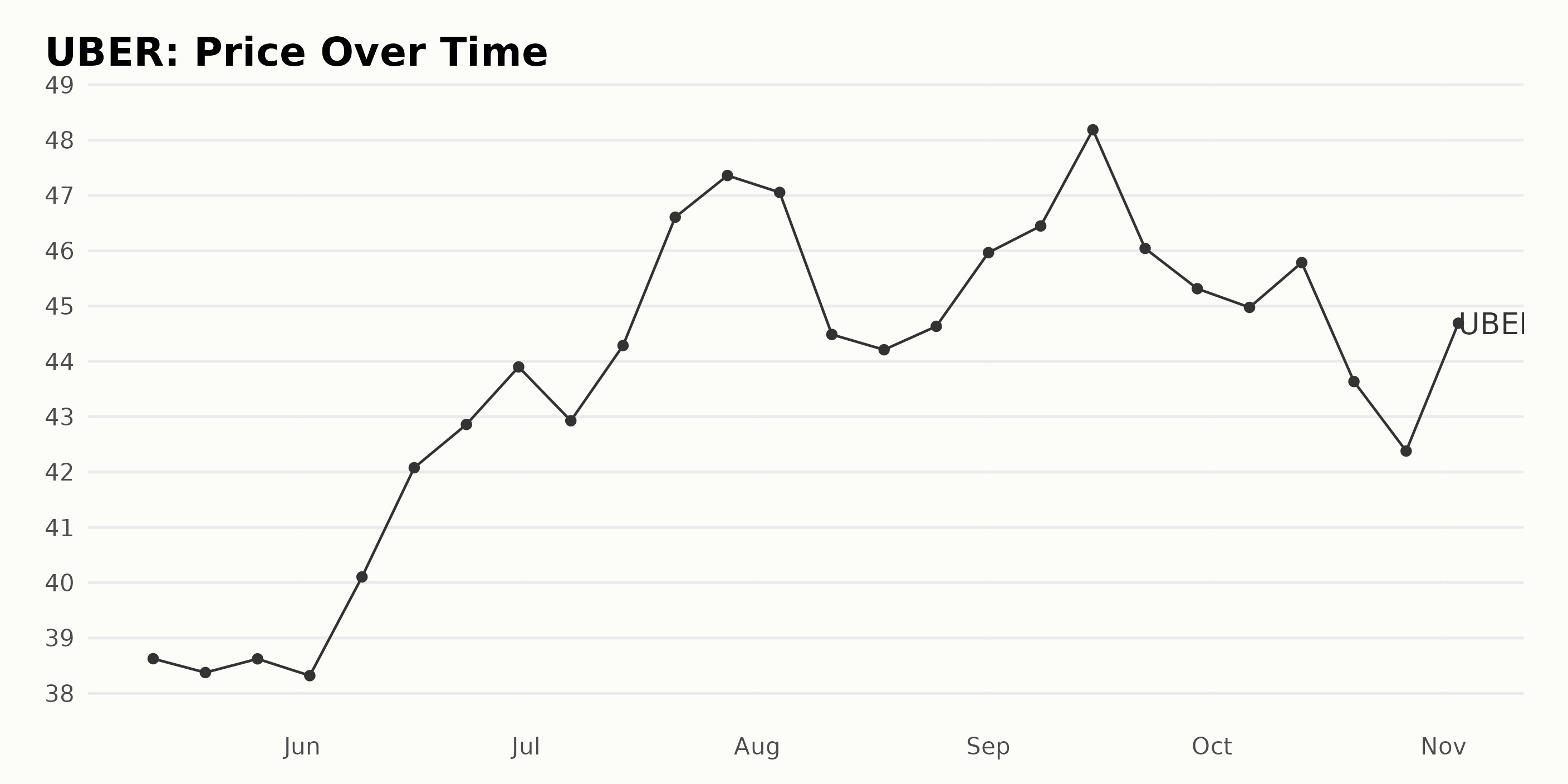The Dynamics Of Trump's Relationships With Middle Eastern Leaders

Table of Contents
The Trump Doctrine and its Impact on Middle Eastern Alliances
Trump's "America First" foreign policy significantly altered the landscape of US alliances in the Middle East. This section examines key shifts in relationships, focusing on the renegotiation of existing agreements and the forging of new ones.
Shifting Sands: Renegotiating the Iran Nuclear Deal
The Iran nuclear deal, officially known as the Joint Comprehensive Plan of Action (JCPOA), was a cornerstone of Obama-era foreign policy. Trump's administration, however, viewed the agreement as deeply flawed.
- Withdrawal from the JCPOA: In May 2018, Trump announced the US withdrawal from the JCPOA, citing concerns about Iran's nuclear ambitions and its regional destabilizing activities.
- Implications for Regional Security: This decision significantly increased tensions with Iran, leading to a renewed arms race and heightened regional instability. Countries like Saudi Arabia and Israel, long wary of Iran's influence, welcomed the move. Conversely, European allies criticized the unilateral withdrawal.
- Impact on Relations with European Allies: The withdrawal strained relations with key European partners—France, Germany, and the UK—who remained committed to the agreement. This demonstrated a clear break from traditional multilateral diplomacy.
- Increased Tensions with Iran: The subsequent re-imposition of sanctions against Iran led to a significant escalation in tensions, including attacks on oil tankers and the assassination of Iranian General Qassem Soleimani. The relationship between Trump and Iranian leaders like Hassan Rouhani and Ayatollah Ali Khamenei remained intensely hostile.
The rationale behind the withdrawal centered on Trump's belief that the JCPOA did not adequately address Iran's ballistic missile program and its support for regional proxies. The ensuing sanctions aimed to cripple Iran's economy and curtail its nuclear ambitions. However, the strategy's effectiveness remains debated, with some arguing it only solidified Iran's resolve.
Strengthening Ties with Key Allies: The Abraham Accords
A landmark achievement of Trump's Middle East policy was the brokering of the Abraham Accords. These normalization agreements between Israel and several Arab nations represented a significant shift in regional dynamics.
- Normalization Agreements: The UAE, Bahrain, Morocco, and Sudan normalized relations with Israel under the Abraham Accords.
- Trump's Role: Trump played a crucial mediating role, leveraging his personal relationships with key leaders like Mohammed bin Salman (MBS) of Saudi Arabia, Benjamin Netanyahu of Israel, and Mohammed bin Zayed (MBZ) of the UAE.
- Long-Term Consequences for Regional Peace: The Accords are viewed by some as a potential catalyst for broader regional peace and cooperation, while others remain skeptical about their long-term impact.
- Challenges and Criticisms: Critics point to the absence of Palestinian participation and the continued Israeli occupation of Palestinian territories as significant shortcomings.
The success of the Abraham Accords can be attributed to several factors, including shared concerns about Iran's regional influence and the potential for economic benefits. However, the agreements also face significant challenges in overcoming deep-seated historical grievances and addressing the core issues of the Israeli-Palestinian conflict.
Navigating Complex Relationships: Saudi Arabia and the Crown Prince
The relationship between Trump and Mohammed bin Salman (MBS), the Crown Prince of Saudi Arabia, was a defining feature of Trump’s Middle East policy. It was characterized by a mixture of strategic partnership and controversy.
- Trump's Relationship with MBS: Trump cultivated a close relationship with MBS, despite concerns about human rights abuses within Saudi Arabia.
- Human Rights Concerns: The Khashoggi assassination, the imprisonment of activists, and the ongoing war in Yemen overshadowed the strategic alliance.
- Arms Sales to Saudi Arabia: The Trump administration approved substantial arms sales to Saudi Arabia, fueling debate about US complicity in the ongoing conflict in Yemen.
The strategic and economic ties between the US and Saudi Arabia, including energy security and counterterrorism cooperation, largely dictated the nature of the relationship despite significant human rights concerns. The Khashoggi assassination, while causing considerable international outrage, did not fundamentally alter the strategic partnership.
Trump's Approach to Conflict Resolution in the Middle East
Trump's approach to conflict resolution in the Middle East was often characterized by unconventional methods and a willingness to challenge long-standing diplomatic norms.
The Israeli-Palestinian Conflict under Trump
Trump’s administration unveiled the "Deal of the Century," a controversial peace plan aimed at resolving the Israeli-Palestinian conflict.
- The "Deal of the Century": This plan proposed a two-state solution with significant concessions from the Palestinians, but it was largely rejected by the Palestinian Authority.
- Palestinian Reactions: The Palestinian leadership vehemently opposed the plan, citing its failure to address core Palestinian concerns regarding Jerusalem, settlements, and refugees.
- Israeli Settlements: The plan did not address the issue of Israeli settlements in the West Bank, a major sticking point for the Palestinians.
- The Status of Jerusalem: The plan recognized Jerusalem as Israel's capital, a decision that angered the Palestinians.
The "Deal of the Century" failed to achieve its intended goal of brokering a lasting peace between Israelis and Palestinians, highlighting the immense complexities of this decades-long conflict.
Intervention and Military Action in the Region
Trump's approach to military intervention in the Middle East was marked by both restraint and decisive action, depending on the specific circumstances.
- Military Strikes against Iranian-backed groups: The administration authorized several military strikes against Iranian-backed groups in Syria and Iraq.
- Withdrawal of Troops from Syria: Trump announced a withdrawal of US troops from Syria, a decision that sparked controversy among some allies and raised concerns about the resurgence of ISIS.
- The Ongoing Conflict in Yemen: The US continued to provide logistical support to the Saudi-led coalition fighting in Yemen, despite criticisms of the humanitarian crisis.
The consistency of Trump's approach to military intervention was often questioned, with some viewing his decisions as reactive rather than part of a broader strategic plan. The withdrawal from Syria, for example, was seen by some as a betrayal of Kurdish allies.
Assessing the Long-Term Legacy of Trump's Middle East Policies
The long-term consequences of Trump's Middle East policies are still unfolding, but certain trends and impacts are already becoming clear.
Impact on Regional Stability
Trump's policies had a profound impact on regional stability. While the Abraham Accords offered a glimmer of hope for improved relations between some regional actors, the heightened tensions with Iran and the unresolved Israeli-Palestinian conflict continue to pose major threats to peace.
Changes in US Foreign Policy
Trump's approach represented a significant departure from previous US administrations' engagement with the Middle East. His emphasis on bilateral deals, transactional diplomacy, and a less interventionist approach reshaped the strategic landscape.
Unintended Consequences
Some unintended consequences of Trump's policies include the further erosion of trust between the US and its European allies, the strengthening of Iranian resolve, and the continued instability in Yemen.
Conclusion:
Donald Trump's impact on Middle East relations is undeniably complex and multifaceted. His "America First" approach led to a significant reshaping of alliances, conflict resolution strategies, and the overall US role in the region. While the Abraham Accords represent a notable diplomatic achievement, other aspects of his foreign policy, including his handling of the Iran nuclear deal and his relationship with Saudi Arabia, remain highly controversial and continue to influence the geopolitical landscape. Understanding the dynamics of Trump Middle East relationships is crucial for grasping the current state of affairs and predicting future developments in one of the world's most volatile regions. Further research into the specific details of each relationship, including primary sources and expert opinions, is encouraged to gain a more comprehensive understanding of this pivotal period in Middle Eastern history. Analyzing the nuances of Trump's Middle East policy remains a critical task for scholars and policymakers alike.

Featured Posts
-
 Nba Responds To Questionable No Call In Pistons Game 4 Defeat
May 17, 2025
Nba Responds To Questionable No Call In Pistons Game 4 Defeat
May 17, 2025 -
 Federal Student Loan Refinancing A Complete Guide
May 17, 2025
Federal Student Loan Refinancing A Complete Guide
May 17, 2025 -
 Steepening Japanese Bond Curve Investor Divisions And Economic Implications
May 17, 2025
Steepening Japanese Bond Curve Investor Divisions And Economic Implications
May 17, 2025 -
 Inostrana Ulaganja Srba Kupovina Stanova Kao Popularna Investicija
May 17, 2025
Inostrana Ulaganja Srba Kupovina Stanova Kao Popularna Investicija
May 17, 2025 -
 Alexander Skarsgard Murderbot Streaming Release Date And Time
May 17, 2025
Alexander Skarsgard Murderbot Streaming Release Date And Time
May 17, 2025
Latest Posts
-
 Examining Ubers Stock Its Potential During A Recession
May 17, 2025
Examining Ubers Stock Its Potential During A Recession
May 17, 2025 -
 Uber Stock And Recessions What Analysts Are Saying
May 17, 2025
Uber Stock And Recessions What Analysts Are Saying
May 17, 2025 -
 Investors Guide Understanding Uber Stocks Recessionary Behavior
May 17, 2025
Investors Guide Understanding Uber Stocks Recessionary Behavior
May 17, 2025 -
 Analyzing Ubers Stock Performance During Economic Slowdowns
May 17, 2025
Analyzing Ubers Stock Performance During Economic Slowdowns
May 17, 2025 -
 Can Uber Stock Survive A Recession Expert Opinions
May 17, 2025
Can Uber Stock Survive A Recession Expert Opinions
May 17, 2025
